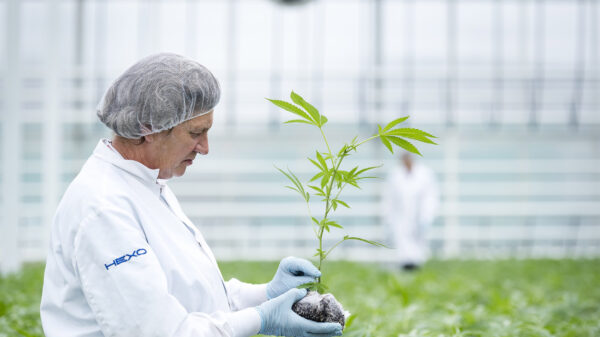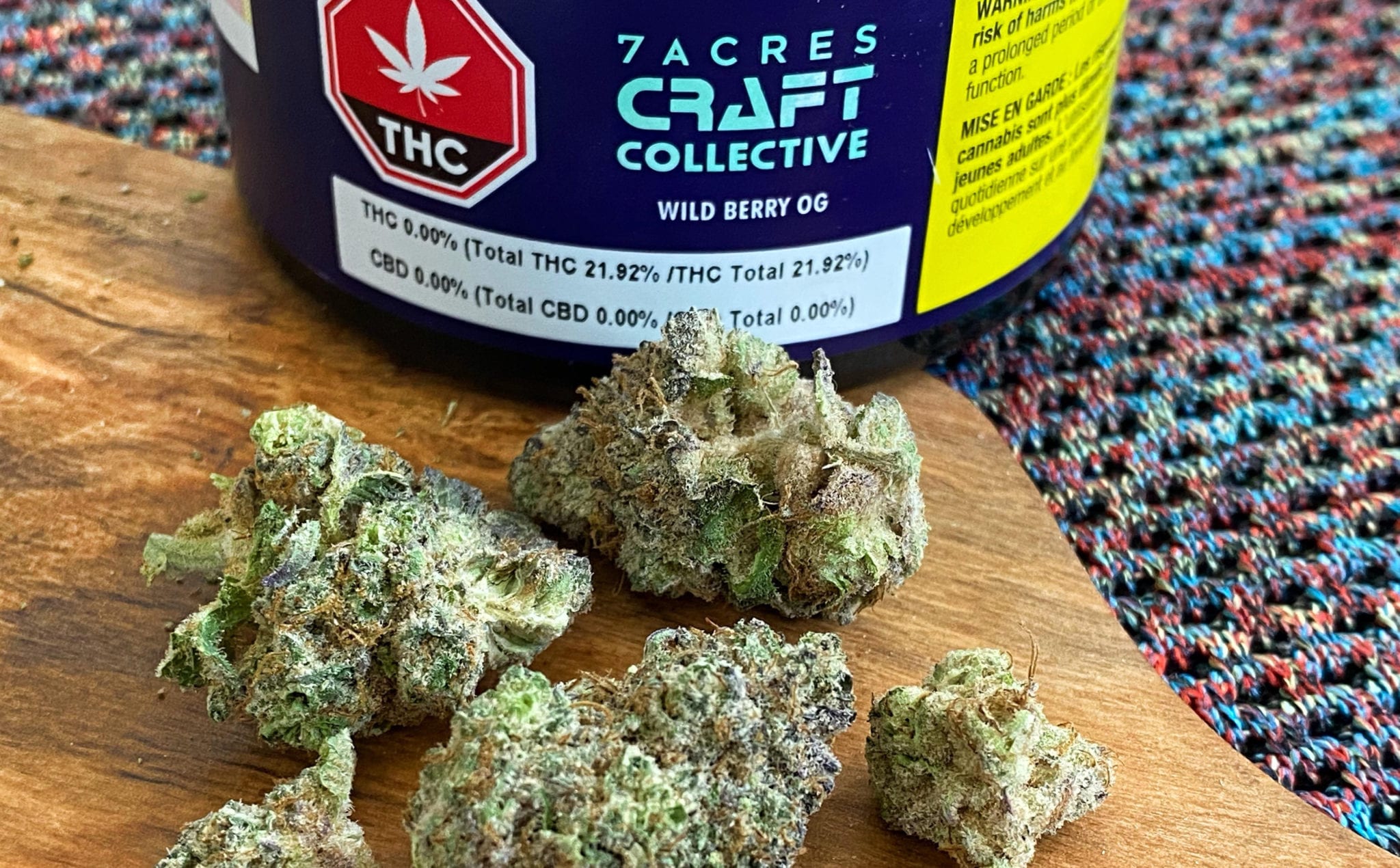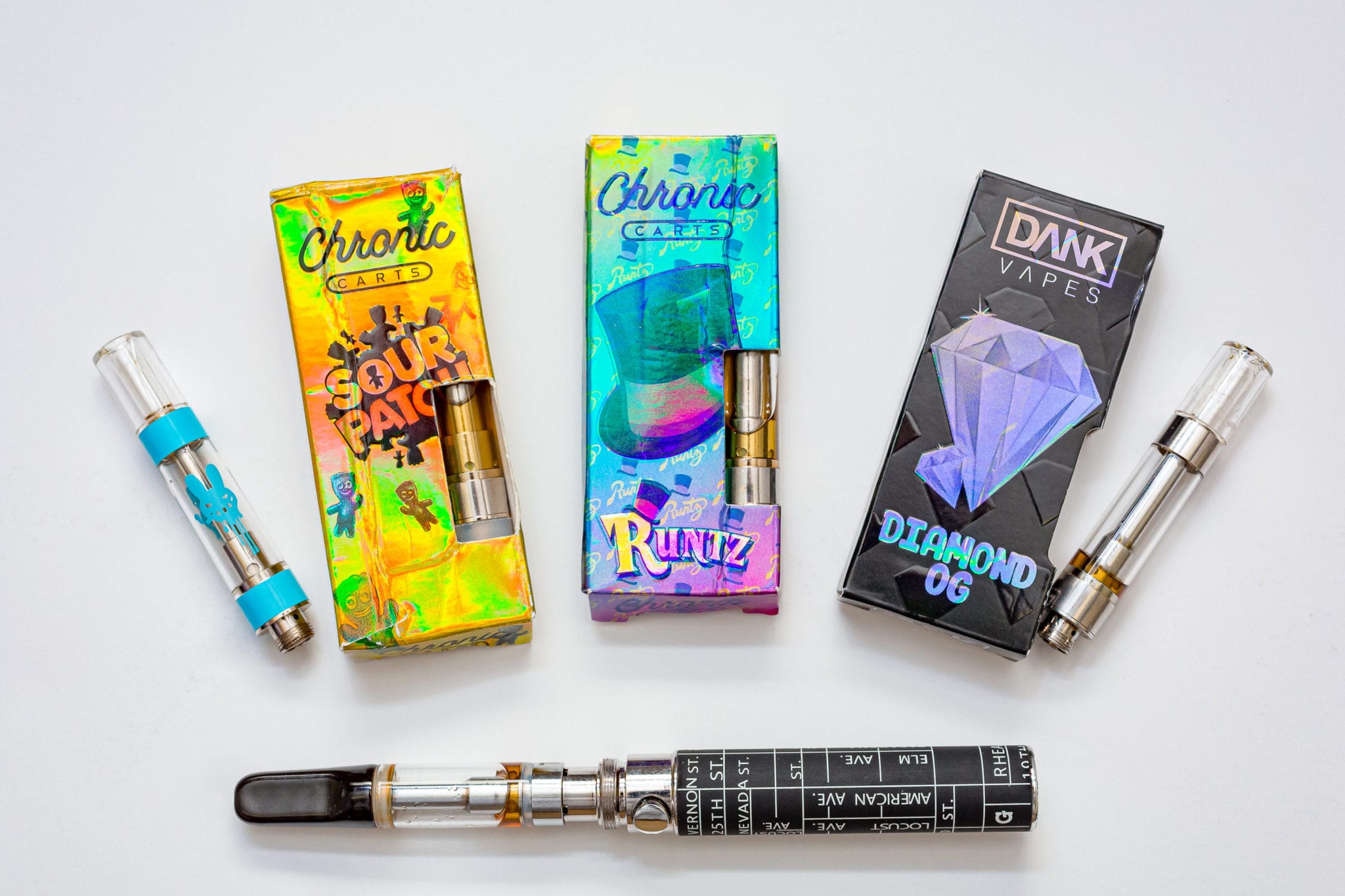The Supreme Cannabis Company, Inc. (TSX: FIRE)(OTCQX: SPRWF) reported its Q3 results with a net revenue of $10 million, a 382 per cent increase from the same quarter in 2018. It was also a 29 per cent improvement from its Q2 sales of this year. Although Q3 only had a few more weeks worth of recreational sales in the quarter, sales from the recreational market were up 63 per cent from Q2 for 7ACRES, Supreme Cannabis’ subsidiary.

Image courtesy of The Supreme Cannabis Company, Inc.
The Toronto-based company believes its focus on customers has made all the difference:
– Navdeep Dhaliwal, CEO of Supreme Cannabis
And more growth may be on the horizon with its recent approval for additional capacity, which will nearly double its annual production to 26,250 kg. With the Canadian market being in short supply and Supreme Cannabis looking to expand overseas, there will be no shortage of places to sell cannabis to. The company is eyeing expansion in island nation Malta, while also investing $10 million into Medigrow, a medical marijuana company based in Lesotho, a landlocked nation north of South Africa.
But a big challenge that’s sure to come with growth is being able to do it without burning through too much cash in the process.
During the latest quarter, Supreme Cannabis incurred a net loss of more than $7.1 million, more than double the $3.4 million loss it recorded a year ago. The expenses were largely due to expansion as wages and benefits more than doubled while sales and marketing expenses quadrupled.
It is paramount for Supreme Cannabis to try and control its costs to fund more expansion without having to issue shares or take on significant debt in the process. Other cannabis companies who have seen significant spikes in costs have already demonstrated the lesson of the dangers in raising cash by issuing shares.
Through the first three quarters of its fiscal year, Supreme Cannabis has used $14 million from its operations, which has been draining working capital. It has also been heavily investing into property, materials and equipment during this time, spending $69 million compared to $43 million a year ago. The edibles market launching this year in Canada could put even more strain on further investments and cash flow.
The end result saw Supreme Cannabis having to raise funds to keep the business going and it did that by issuing convertible debt to generate $95 million. This hurt the company’s financials with Supreme Cannabis incurring financing expenses of more than $2 million during the quarter.
Overall, it wasn’t a bad period for Supreme Cannabis. And while there are some concerns around cash flow, it seems to be doing a good job of keeping costs from rising too quickly, especially compared to its peers.












